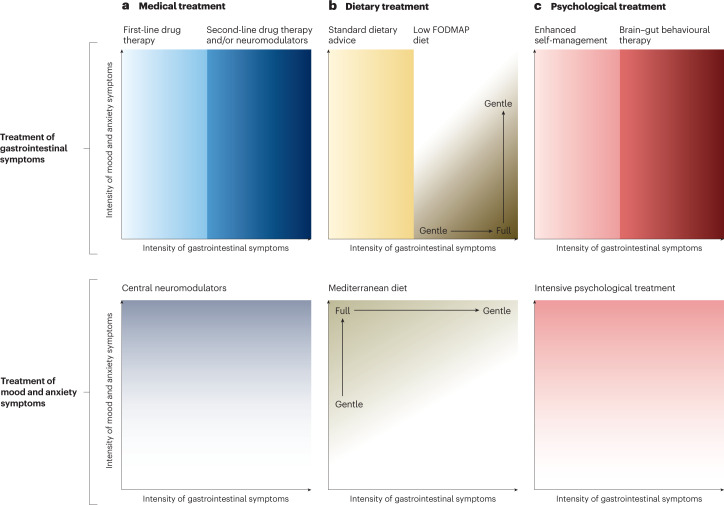Fig. 1. Guidelines for the treatment of individuals with IBS based on the severity of symptoms.
These are general guidelines. Treatments within and across specialties can be combined, and selection of treatment is necessary on a case-by-case basis, and depends on the severity of gastrointestinal and mood or anxiety symptoms, the presence of other psychological and physical comorbidities, psychosocial history and patient preference. a, Medical treatment. Patients with predominantly gastrointestinal symptoms (top) should be treated with first-line medical therapy, then second-line therapy if their symptoms do not respond. If patients have a co-occurring mood disorder (bottom), use of central neuromodulators — particularly selective serotonin reuptake inhibitors — should be considered alongside treatment of gastrointestinal symptoms. Central neuromodulators, such as low-dose tricyclic antidepressants can also be used for abdominal pain and global symptoms. b, Dietary treatment. Patients with mild gastrointestinal symptoms should be provided standard dietary advice. If symptoms persist, or a patient has moderate to severe gastrointestinal symptoms, then the low FODMAP (fermentable oligosaccharides, disaccharides, monosaccharides and polyols) diet should be used (top). Elements of both approaches might be appropriate in some patients. In patients with substantial coexisting psychological symptoms, the gentle FODMAP diet approach is recommended. In patients in whom psychological symptoms predominate (bottom), the Mediterranean diet can be considered, and can also be modified for FODMAP content if necessary in those with moderate to severe gastrointestinal symptoms. c, Psychological treatment. Patients with a low severity of psychological symptoms and/or gastrointestinal symptoms should be counselled to self-manage symptoms via education and lifestyle. Brain–gut behaviour therapy, such as cognitive behavioural therapy and hypnotherapy, can be used in those with moderate to severe gastrointestinal symptoms (top). In patients with substantial psychological symptoms, this therapy could be complemented with traditional psychological treatment (bottom). IBS, irritable bowel syndrome.

